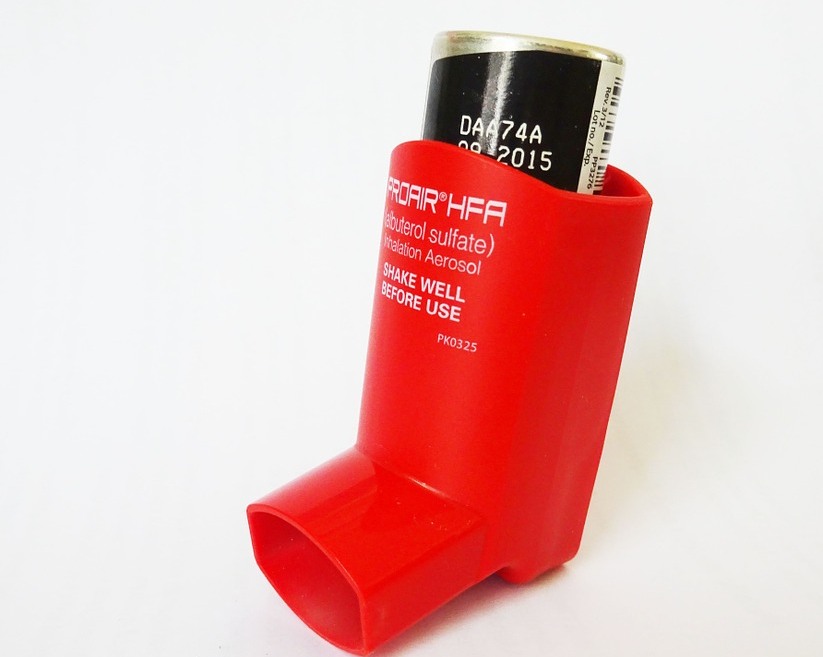Asthma is a chronic condition of the airwaves that makes breathing very difficult. Over the last couple of decades, this condition has rapidly increased in prevalence due to the increase in toxins, pollution, and triggers in the environment. If you are asthmatic, an asthma attack can occur when you’re exposed to certain asthma triggers.
What is an asthma trigger?
 A trigger is anything that set off your asthma by irritating your sensitive air passages even more. Triggers can vary from one person to the next as there are no specific things that every asthmatic person is sensitive to. There are many different asthma triggers. And as mentioned, what triggers your asthma may be different to what triggers someone else’s asthma. Every asthma sufferer has their personal triggers. But in every case, it is imperative to avoid your triggers so as to keep airway inflammation to an absolute minimum and reduce all the symptoms.
A trigger is anything that set off your asthma by irritating your sensitive air passages even more. Triggers can vary from one person to the next as there are no specific things that every asthmatic person is sensitive to. There are many different asthma triggers. And as mentioned, what triggers your asthma may be different to what triggers someone else’s asthma. Every asthma sufferer has their personal triggers. But in every case, it is imperative to avoid your triggers so as to keep airway inflammation to an absolute minimum and reduce all the symptoms.
What are the common triggers?
Understanding the asthma triggers is vitally important so you can reduce exposure to them- or be well prepared for an attack. As an asthma sufferer, there are some common and obvious triggers you need to avoid. They include cold air, tobacco smoke, pollen, pet dander and dust mites, gas fumes, cockroaches, aerosol sprays and car exhaust. Some different kinds of things that could also be triggers include certain foods, candles, thunderstorms, and aspirin to name a few. The above examples aren’t the only things that trigger asthma. But they can help you understand what your asthma triggers are.
Do triggers sometimes cause symptoms?
Sometimes asthma triggers don’t cause symptoms. The sensitivity of your passageways varies widely day to day and month to month. If the asthma is well managed, the triggers are less likely to show any symptoms. Realize that multiple triggers can play a significant role in causing symptoms. Should this happen, it may cause a stronger reaction—for instance, if you have a cold or flu, and you also come into contact with a dog or a cat. This explains why sometimes triggers cause asthma symptoms and why they sometimes don’t.
Realize that it is very hard to avoid your triggers if you do not know what they are. Sadly, you can’t understand your triggers until you have an attack. That is why it is important to write down what you were feeling, eating or doing and compare it with the triggers we have listed above every time you have an attack.
